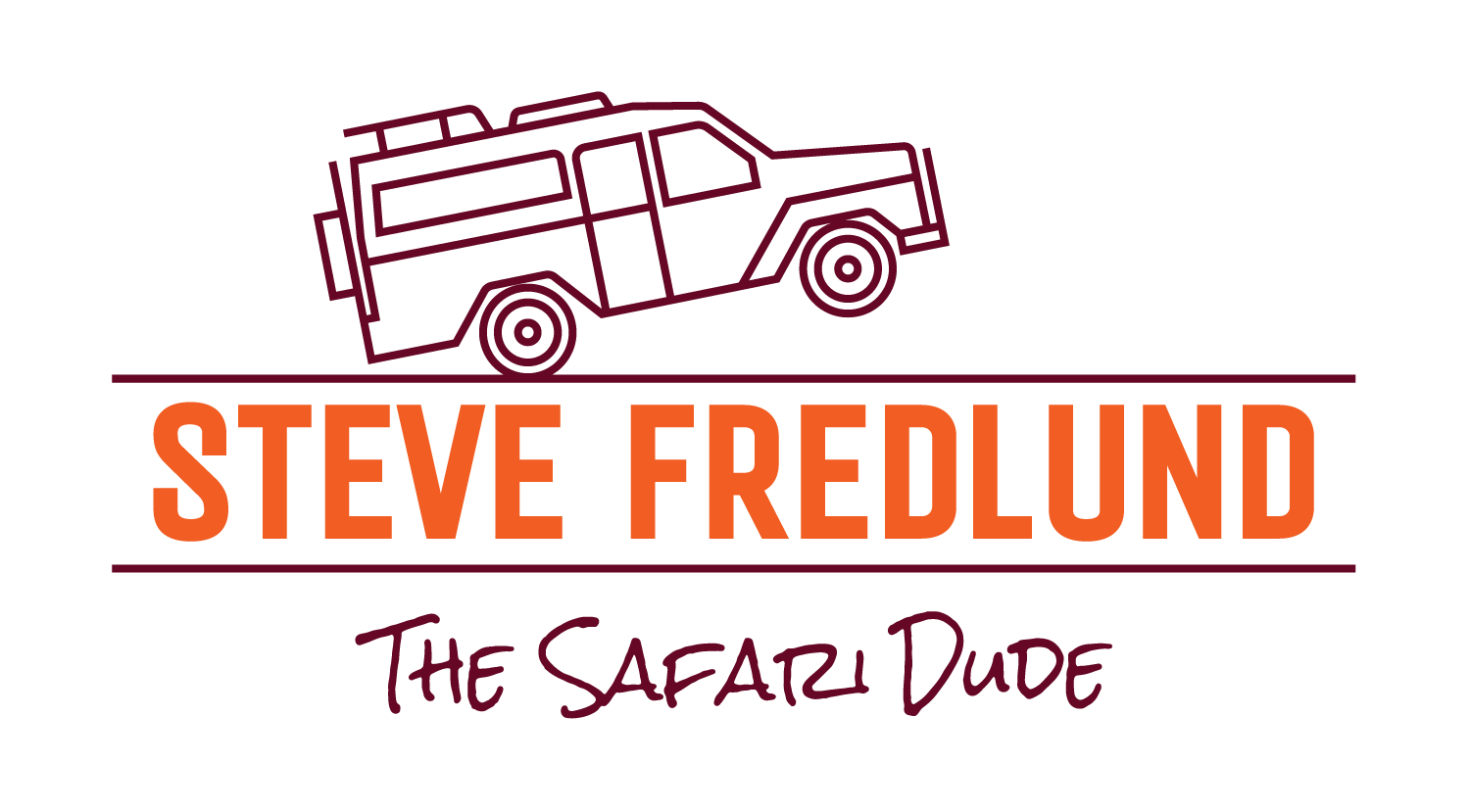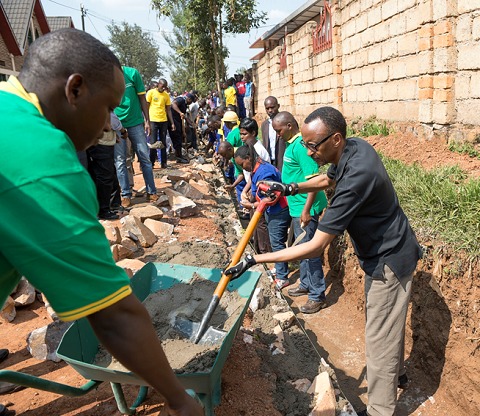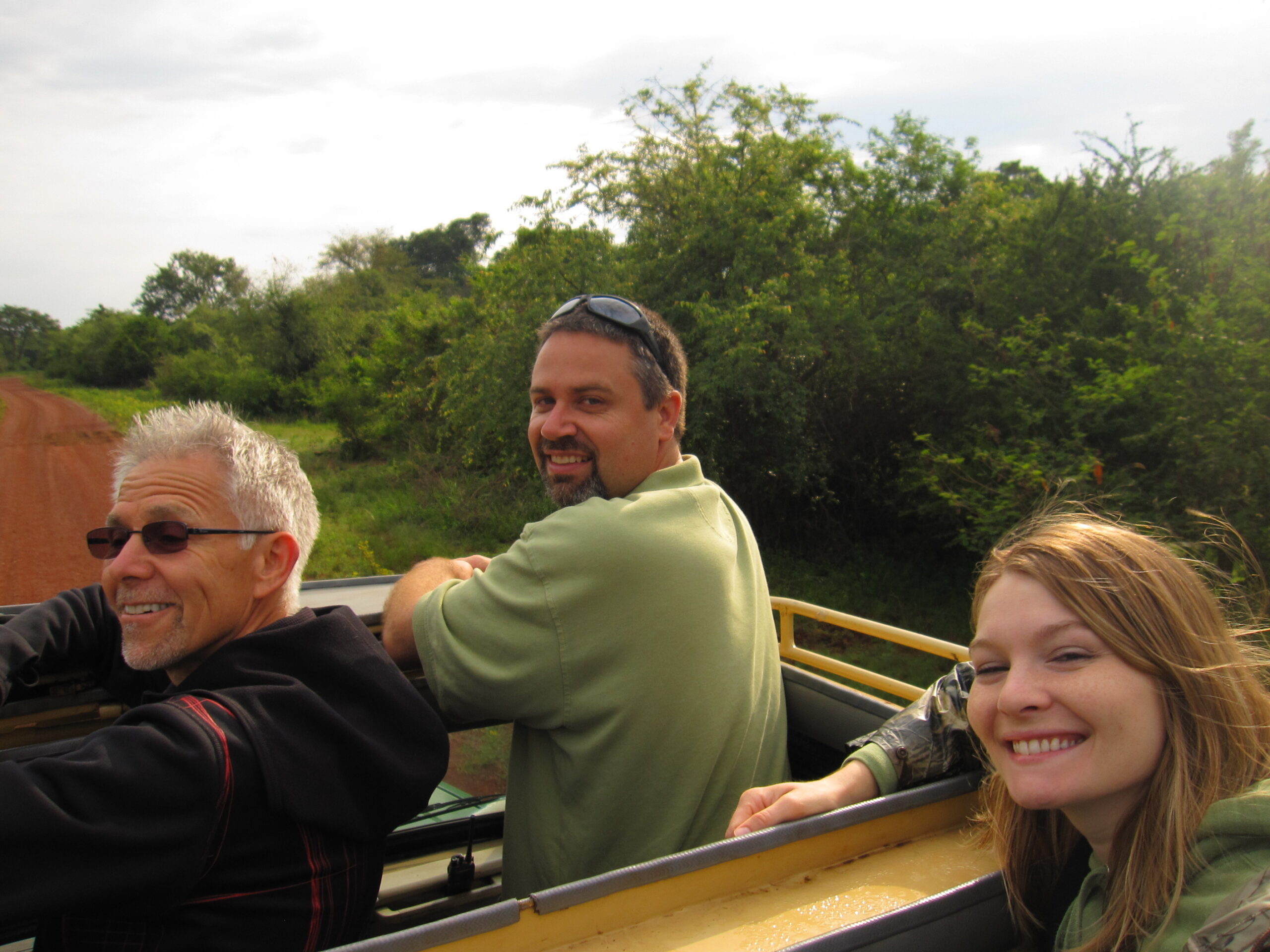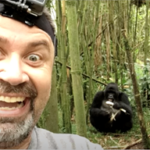In my first article I shared about my whipsaw, zig-zag, seemingly random life and career that led me to the realization that the common thread of my existence was building communities. Today I dig into what I mean when I refer to “Community.”
Let me start by describing what I do not mean. I am not talking about communities formed solely by geography. I know it is commonplace to use “community” to refer to a town, city, or county. It’s easy, and people know what you mean; but it minimizes the more robust meaning of communities I am trying to build. For at least the duration of this article, let’s agree to refer to any town, city, or county as a “population center” and reserve the word “community” for something a bit deeper.
So, what do I mean by “community?”

I first encountered the idea of umuganda (moo gahn DAH) on my first trip to Rwanda in 2009. We were discussing Rwandan culture with national leaders who shared about “Community Day”. On the last Saturday of every month, for 3 hours, businesses close and traffic stops as citizens across the country work together to improve their roads and neighborhoods. Everyone does their part, including the president and the leadership team.
This Community Day (umunsi w’umuganda) is a practice that paints a wonderful and refreshing picture of unity. But what really captivated me was the deeper concept this work day represents: people looking past their difference to work together toward a shared vision and a clear desired outcome.
This has been my working definition of community ever since.
Within the backdrop of the 1994 Rwandan genocide, and the peace and unity that has emerged since those horrific days, there is much we can learn from umuganda.
When I talk about building community I am talking about umuganda. I’m talking about a compelling shared vision with a clear desired outcome; and I am talking about intentional and unified commitment to bring that vision to reality.
Compelling shared vision.
Clear desired outcome.
Intentional and unified commitment.

Impact of Community
I could write thousands of pages about the unity of Rwanda, which is still emerging but incredibly beautiful, fueled by vast amounts of intentionality. This is why clear vision is so critical.
Since the first days after the genocide, leadership demanded the united perspective of “One Rwanda” knowing the country would never survive if splintered. From a population of 8 million, nearly 1 million had been murdered and 2-3 million had fled. The National Parks and other government-led efforts were laid bare. As one Rwandan author wrote, “Rwanda was dead.” It was only the clear vision and the rallying of Rwandans that allowed Rwanda to re-emerge as a shining example in East Africa only 26 years later.
Many government programs such as Girinka (One Cow Per Family) represent this intentional unity. But the vision had to reach beyond the programs; the desire to be united together had to reach into the hearts of the residents.
On one beautiful day in the mountains of Kivuruga, in northern Rwanda, we had the opportunity to be part of the celebration opening a new water source at the base of a large hill. This was a life-changing event for those who lived in the mud huts on the side of the mountain. No longer did their children need to miss school to take two round trips totaling 8-10 hours just to get water for the family; water that was dirty and stagnant. Their children could now ‘merely’ walk the 15 minutes down the hill, get the water, and return home with it. It changed their life in a dramatic way as their children could now get educated and their family would be much healthier because of the clean water. This was a transformational moment.
But they still were undernourished and malnourished, eating at best every other day and typically just a diet of cassava (potatoes) and sugar cane. The water helped them, but they had a long way to go to see a more complete picture of health.
Through the translator, I asked them what they needed next, hoping I would be able to rally the people of East Central Minnesota to respond yet again to help. Their answer left me speechless. “We need our friends on the other side of the hill to get water.”
This is what happens when a compelling vision is etched into the hearts of a community. The vision for “One Rwanda” and improving together was more than just a slogan, it was their life. How could they expect to eat every day when their neighbors didn’t have the same level of clean water access that they did?
Community matters
Community is powerful and it is worth the understanding and effort. Imagine if this happened everywhere. This is why I’m such an advocate for it and why it is so important.
Certainly Rwanda is an extreme example, but let’s put this into our everyday context.
Imagine working at a school where everyone was crystal clear on what success looks like for every student. Imagine asking the questions, “What are we ultimately trying to do here?” and you heard the same answer from the teacher, superintendent, custodian, secretaries, and students. Imagine that extended to the finance director, bus drivers, and food service. Imagine even the PTA, school board, and community partners had the same perspective. Now imagine everyone understands the vision and is making decisions and taking actions intentionally aligned with that vision.
Imagine something similar for your small business, family, friends, hobbies, church, or any other organization or group of people you are involved with.
Perhaps this sounds like corporate mumbo jumbo. Vision, strategy, and execution.
But here’s the thing: When a true community (umuganda) exists, we don’t all have to work to make sure the vision, strategy, and execution are all aligned; they align naturally.
Building community matters.
If we can figure out how to effectively build community, our businesses will be more successful, our nonprofits will have more impact, and our schools will be more effective.
In future articles, I will dig into how to build successful communities.
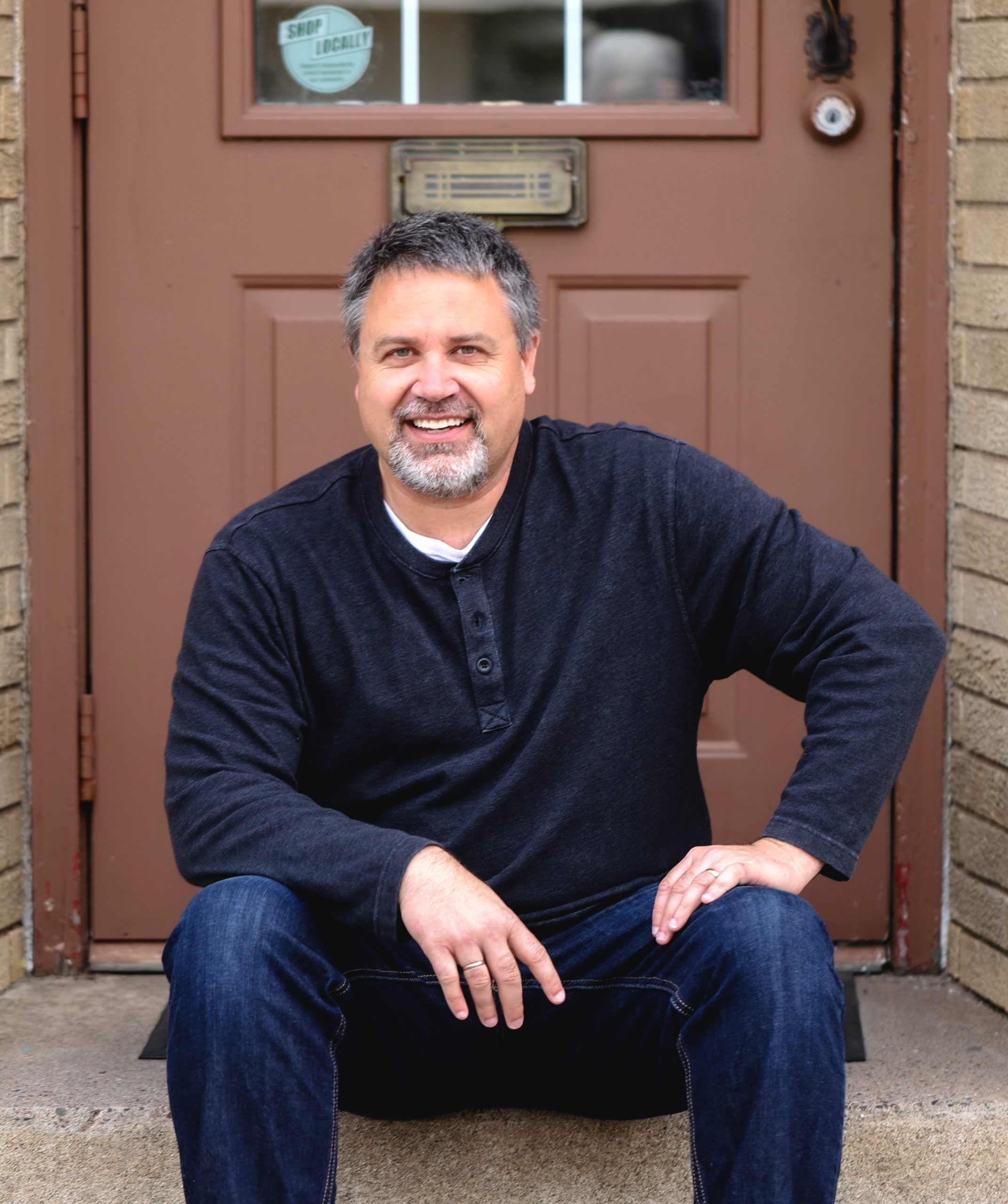
Steve Fredlund
Steve Fredlund is a business coach and founder of the Small Small Business Community. Before becoming an entrepreneur, Steve worked for a number of Fortune 500 companies in actuarial, investment, and workforce analytics functions. He also has an overlapping 20 years of nonprofit leadership experience including 11 years as volunteer Executive Director doing humanitarian work in Rwanda. He is the host of the Small Small Business Podcast and the RecPoker Podcast.
